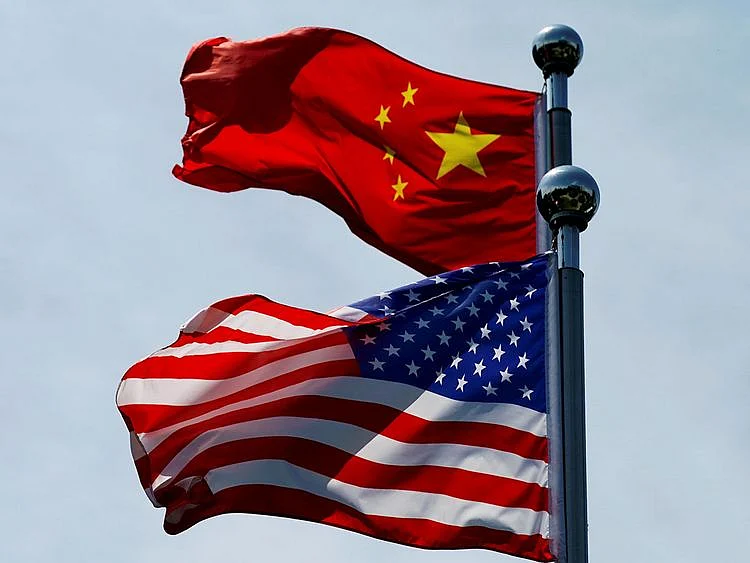China-US relations have suffered a setback since the US House of Representative Speaker Nancy Pelosi, who is second in the line for the American presidency, visited Taiwan in August.
She is the highest-ranking American leader to visit Taipei in 25 years since Newt Gingrich, then Speaker of the House visited the island in 1997. Following Palosi, two other congressional delegations and a state governor have visited too.
China has condemned the US actions. Washington nonetheless, maintains that these contacts do not mean that the US has budged from its “One China” policy of recognising Beijing over Taipei and that Taiwan is a part of China.
For China, a semblance of official relations with Taiwan is a ‘red line.’ US policy must therefore, be weighed against Foreign Minister Wang Yi’s words. “Some Americans are playing with fire,” he said.
The Biden administration gave an impression that they tried dissuading Pelosi from this visit but since she heads an independent branch of the government, suggesting they had no control over her. The Defence Secretary admitted that he had briefed her on security situation.
And yet underlying the US administration’s open involvement, more than a dozen American warplanes provided protective cover as she arrived in Taiwan. On the sea the US placed the world’s biggest aircraft carrier USS Ronald Reagan (CVN-76) and two large ships to meet any eventuality.
Pelosi left a flurry of military activity in the wake of her visit. Beijing conducted military exercises, twice extended, around Taiwan. Many analysts are of the view that unnecessary American provocation, crossing the Chinese ‘red lines’, has raised temperatures and further polarised positions either side.
The US has maintained ‘One China’ policy since the release of Shanghai Communique in February 1972 after talks between Chinese Prime Minister Chou En Lai and American President Richard Nixon. Recently, released notes of their private conversations reveal that the Americans “offered Chou extensive assurances that they intended to open full diplomatic relations with Beijing as soon as possible.”
Nixon soon got caught in the Watergate, which prevented him to carry through with his promises. The US was only able to establish full diplomatic relations with Beijing in 1979 under President Jimmy Carter.
Dialogue and cooperation
Following full diplomatic relations with Beijing, the US lawmakers passed a bill — Taiwan Relations Act that allows the US to maintain relations with Taiwan. The fact the then president signed the bill into law in April 1979 means that both the Congress and the President were together in creating this anomaly of relationship.
Under its One-China policy, the United States does not have official diplomatic relations with Taiwan, but is bound by the Taiwan Relations Act to provide the island with the means to defend itself. Such a policy goes against all canons of international law and diplomatic practices.
As China has grown economically, its military muscle has also improved. More and more states have accepted Beijing as the legitimate government of China. But the US continues to buttress Taiwan’s military. China has remained patient and calm but will not compromise on sovereignty over Taiwan.
A recent Chinese White Paper on Taiwan describes unification with Taiwan as “indispensable” for China’s rejuvenation, emphasising “we should not allow this problem to be passed down from one generation to the next.” As is apparent, time is on China’s side.
Washington and Beijing need a new strategic understanding. Both countries must move towards reconciliation through dialogue and cooperation.
Sajjad Ashraf served as an adjunct professor at the Lee Kuan Yew School of Public Policy, National University of Singapore from 2009 to 2017. He was a member of the Pakistan Foreign Service from 1973 to 2008 and served as ambassador to several countries.
Sign up for the Daily Briefing
Get the latest news and updates straight to your inbox
Network Links
GN StoreDownload our app
© Al Nisr Publishing LLC 2026. All rights reserved.
